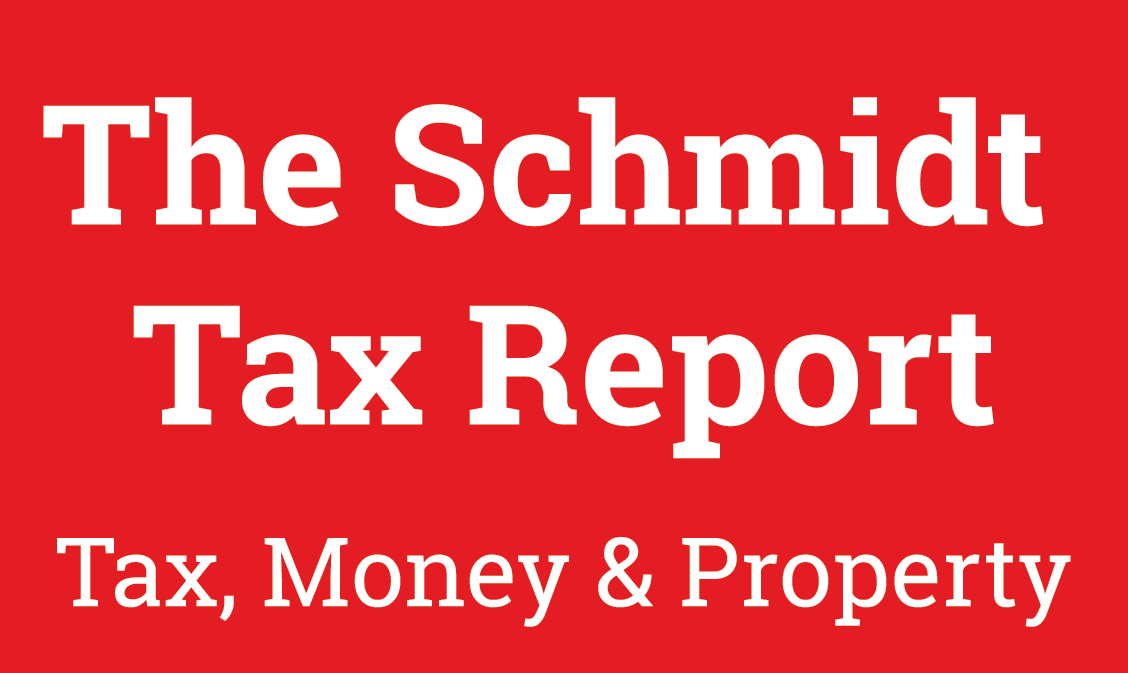Traditionally, furnished holiday lettings (FHLs) were something of a niche investment. Typically, the sector consisted of flats and houses in popular seaside locations and major tourist destinations. Most offered pretty basic accommodation. Unless actively managed, moreover, the annual yields tended to be on the low side. Indeed, for many investors FHLs were a source of pin money and/or a way of defraying costs on a property that they did not wish to sell.
From a tax perspective FHLs offer various advantages:
- Investors can claim capital gains tax reliefs (Business Asset Rollover Relief, Entrepreneur’s Relief, relief for gifts of business assets and relief for loans to traders)
- Investors are entitled to plant and machinery capital allowances for items such as furniture, equipment and fixtures.
- The profits count as earnings for pension purposes.
Depending on how the property has been managed and the services offered it may also be possible to have the FHL qualify for Business Property Relief (BPR). The key thing in this regard is to ensure that the business of the furnished holiday lets is not an investment but a trade. Where an owner provides a wide range of services more akin to a guest house or hotel, BPR/inheritance tax relief is much more likely to be granted. Obviously the supply of such services will add to the owner’s costs but these expenses can be passed on to the tenant. By providing clean linen and towels, housekeeping services, food or meals, concierge services and so forth – in short, being actively involved – it should certainly be possible to have your FHLs qualify for BPR/IHT relief. This will, in practical terms, mean that you can:
- Sell your business and potentially pay just 10% capital gains tax.
- Pass your business on the beneficiary 50% or even 100% tax relief.
The rules regarding what does and doesn’t qualify as an FHL are complicated. Your property must be in the UK or the European Economic Area (EEA) – the EEA includes Iceland, Lichtenstein and Norway. Moreover, it must be furnished by which the rules mean there must be sufficient furniture provided for normal occupation and your visitors must be entitled to use the furniture. All your FHLs in the UK will be taxed as a single UK FHL business and all FHLs in other EEA states will be taxed as a single EEA FHL business. You will need to keep separate records for each FHL business because the losses from one FHL business cannot be used against the profits of the other.
Accommodation can only qualify as an FHL if it passes three occupancy conditions. The first of these is the ‘pattern of occupation’ condition. If the total of all lettings that exceed 31 continuous days is more than 155 days during the year, this condition is not met so your property will not be an FHL for that year. The second condition refers to availability. Your property must be available for letting as furnished holiday accommodation letting for at least 210 days in the year. You cannot count any days when you are staying in the property yourself.
Thirdly, there is the letting condition. You must let the property commercially as furnished holiday accommodation to the public for at least 105 days in the year. Do not count any days when you let the property to friends or relatives at zero or reduced rates as this is not a commercial let. Do not count longer term lets of more than 31 days, unless the 31 days is exceeded because something unforeseen happens.
Incidentally, if you don’t let your property for at least 105 days, you have two options (known as elections) that can help you reach the occupancy threshold. Basically if you have more than one property you can average out over the period. Or, if your property reaches the occupancy threshold in some years but not in others you can take a period of grace election.
At the beginning of this short article I pointed out that up until relatively recently FHLs tended to be rather downmarket. They were the sort of places that holiday makers went when they couldn’t afford to stay in an hotel and didn’t fancy a guest house. But, in the last few years the rise of Airbnb and other similar online services means that FHL businesses can now be extremely upmarket.
The Financial Times recently pointed out that holiday rental websites have seen a big rise in the number of super rich letting out their plush pads. This new sector of the market is referred to as ‘prime home share’. To give you a feel for the way this market is changing in June last year the number of one bed listings charging more than £1,000 per night was nearly three times what it had been in 2014. During the same 12 month period London listings grew by half and those in Paris by a third. There are lots of other premium home rental sites such as Luxury Retreats, One Fine Stay, and Villas.com. Online home rental sites typically feature interactive calendars allowing owners to switch availability on or off at a moment’s notice, dodging the advance commitment typically required by property rental firms. As importantly, messaging apps and sophisticated review systems provide home owners with the information they need to vet potential guests.
Back to tax. When the current government began to attack the buy to let sector by only allowing interest relief at the basic level of tax, many investors started to look for other options. If you are happy to be an active rather than a passive investor then FHLs provide an excellent, tax efficient return on your money. 30.6.16
